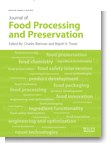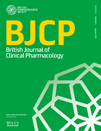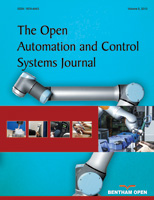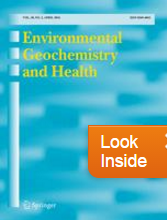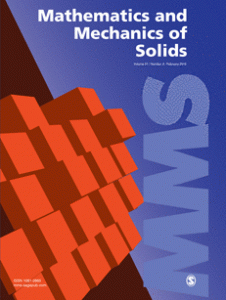So far, we’ve counted more than 300 papers that have been retracted after editors suspected the peer-review process had been compromised — and we’re adding three more to the list.
Editors of the Journal of Food Processing and Preservation became suspicious of the three papers after discovering similarities in reports from supposedly different reviewers. When they were unable to verify the identities of the reviewers, they pulled the papers.
An editor told us that he thinks the reviewer identities were fabricated entirely (as opposed to stolen):
Continue reading Three more papers felled by suspected fake reviews
